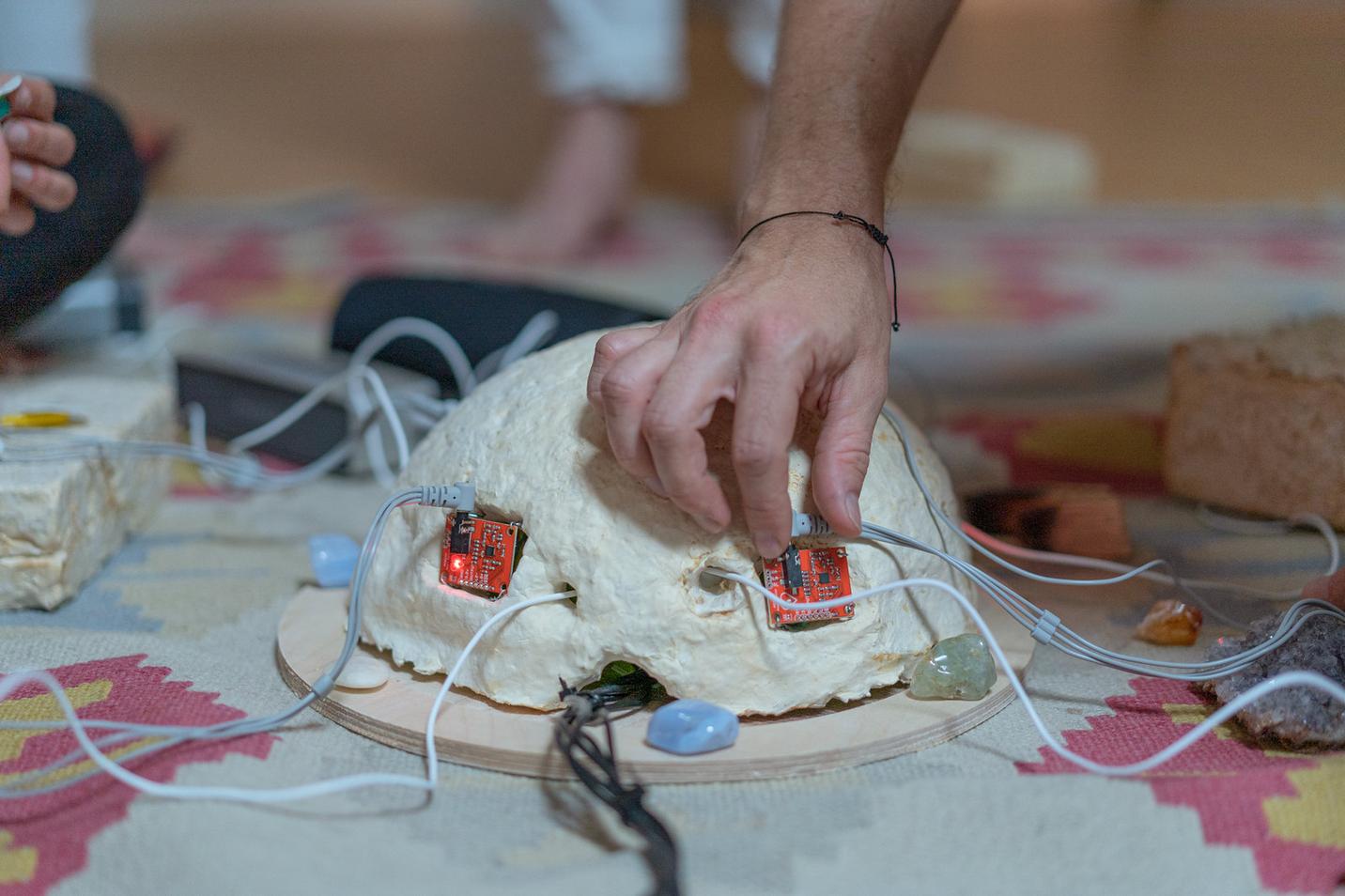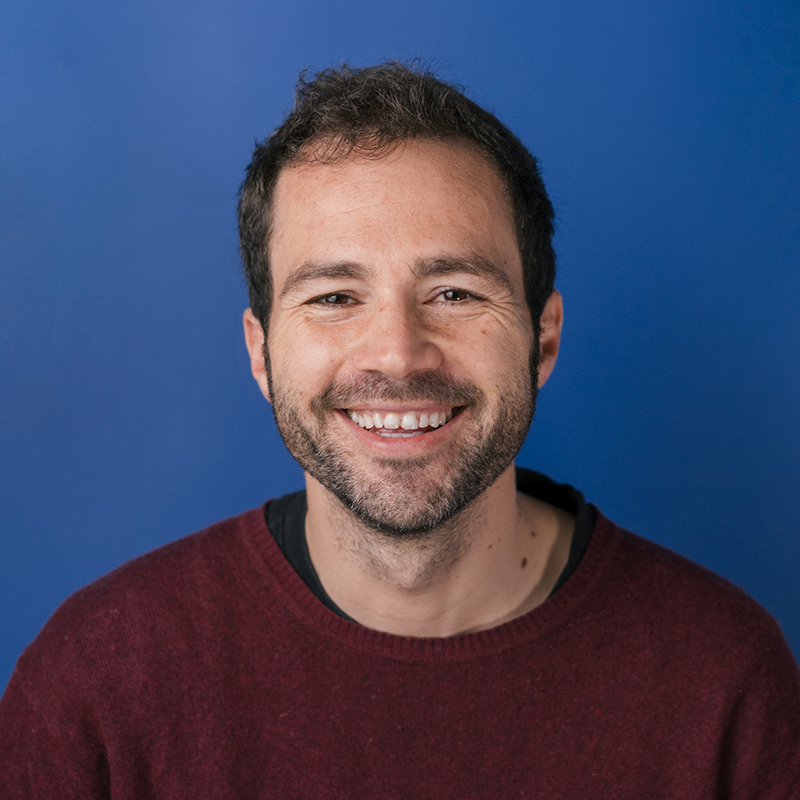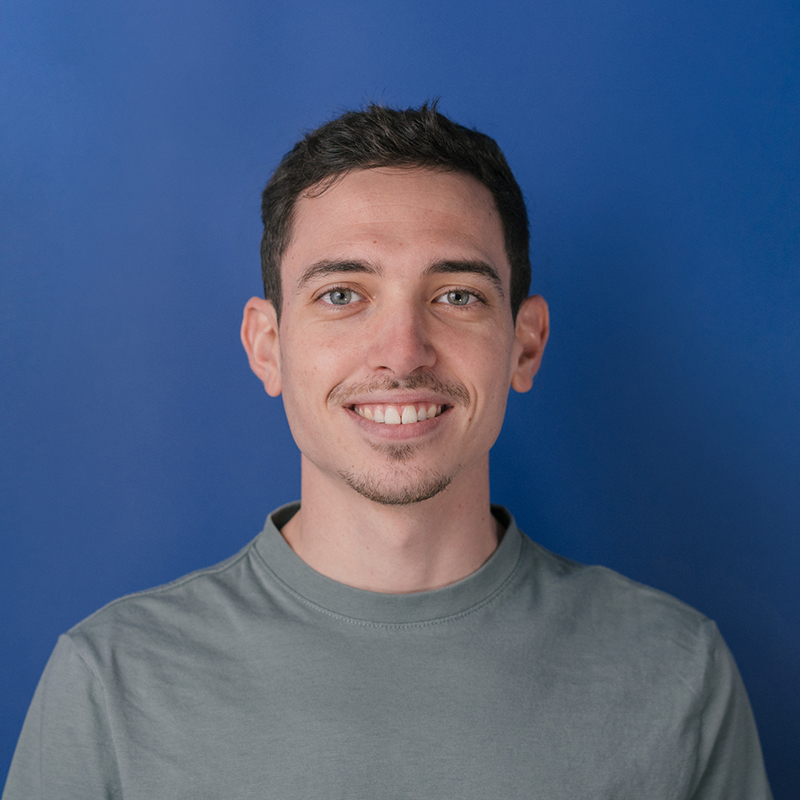Syllabus⇝
Advanced manufacturing, rapid prototyping and new design methodologies are not only changing how we work, live and play but reshaping the processes and interactions in the cities and sociecities. The introduction of those processes into the design and industry fields are changing the paradigm on how we conceive the actual society and its production methods. This new mediation between the old knowledge and new techniques is making the process as important as the end work, all becoming a whole.
During this 2 term course (2&3), students learn how to envision, prototype and document their projects and ideas through many hours of hands-on experience with digital fabrication tools, taking a variety of code formats and turning them into physical objects. The program provides advanced digital fabrication instruction for students through an unique, hands-on curriculum and access to technological tools and resources.
Keywords: Digital Fabrication, Rapid Prototyping, Micro-Challenges
Learning Objectives⇝
The goal of DIGITAL PROTOTYPING FOR DESIGN is to combine the concepts and practices of digital fabrication & prototyping electronices with the objectives of the MDEF course in a meaningful way to develop student research projects.
A core aim is to empower students:
- To unfold the foundation behind nowadays Big Tech (systems thinking, architectures, politics, IP models, programmed obsolescence).
- To explore emergent (research and industry) and alternative (deprecated tech, not massively adopted, vernacular, analog) technologies, both from a narrative, application, and implementation point of view.
- By providing tools and methods for the rapid prototyping of (technological) artifacts (embedding software and hardware working prototypes in the design process).
- To familiarize us with the Fab Lab / Maker / Hacker mindset, ecosystem, and resources (using digital fabrication, distributed design, open-source, shared processes, worldwide networks).
- To ensure we end up the program with a much more creative, critical, and personal approach towards technology.
- To promote a collaborative spirit inside and outside the program; you can't know everything about technology, but you can ask about anything (asking the right questions and creating partnerships).
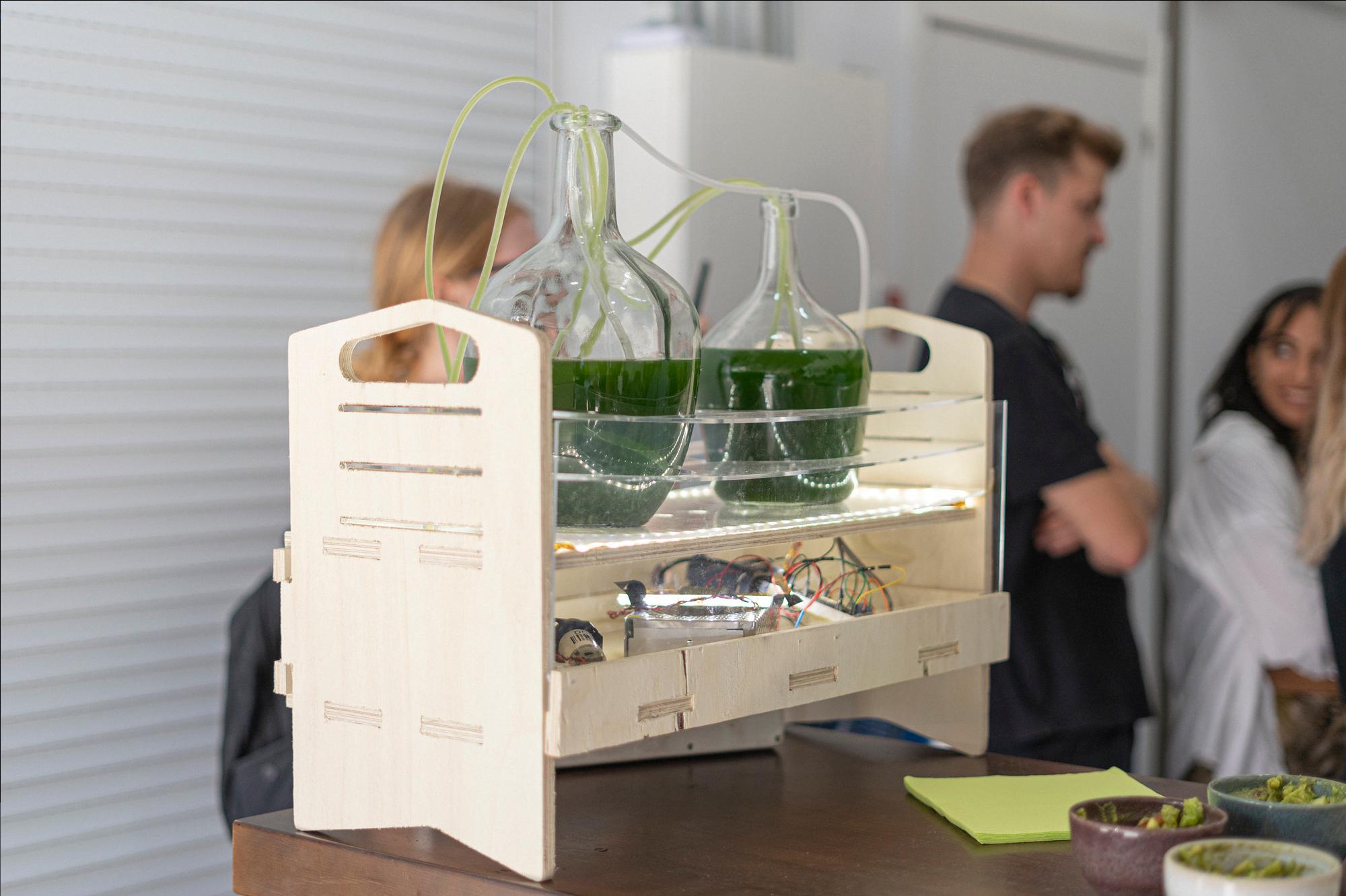
Methodological Strategies⇝
The program apply Fab Academy mindset and set of skills, but applying new methodologies such as "challenges", redistributing the impact of weekly hours and adding new assessment criteria.
The instructional design of the course has two fundamental assumptions, individual reflection tasks for each weekly topic, and monthly intensive maker-sprint in the form of “micro-challenges”. Students work in small groups to develop week-long projects applying knowledge and skills from the previous Fab Academy topics with concepts related to MDEF and their research projects, aimed to bridge the gap that has existed between these two courses and demonstrating the competencies acquired.
The challenges combine four weekly cycles into one intense project-based fabrication sprint. Therefore, the objective is to combine the skills and knowledge acquired throughout the weeks prior to the challenge in order to ideate a small project that is connected to their personal interests and individual or collective interventions. The students have to use the technology and equipment available and focus on the specific skills they have already acquired during the past weeks. This is set as a primary goal to foster the students’ capacity to design and conceptualize their projects with the tools and skills they might have available, without limiting the possibilities of what they could achieve. In addition, the challenges align with the MDEF design studio in an effort to connect each challenge topic to the current status of the design interventions of the students. As mentioned before, the intention is to weave the two courses together in order to enhance both for the benefit of the students’ projects. The design studio provides a critical context in relation to the technologies developed during Fab Academy, and in return the Fab Academy course yields the skills and knowledge to help physicalize these concepts.
Weekly Classes:⇝
This classes are given every two weeks on Wednesday and Thursdays from 10 Am to 14.00 Pm (CET time) for two weeks in a row. Students will have to do some small guided tasks to achieve a deep understanding of the subject area, it's technology flows, the fabrication constraints, and it's design possibilities.
- Lab life: In addition to the lectures, there are 2 lab days each week where students have access the digital fabrication equipment and personal help with projects.Fabrication time through booking system,this happens every Tuesday and Friday. (Days could be adapted depending collitions with opther programs and needs)
Micro-Challenge week:⇝
Are Intensive weeks, where students will have to apply the knowledge and skills from previous weeks in a group projects aligned to their research interventions.
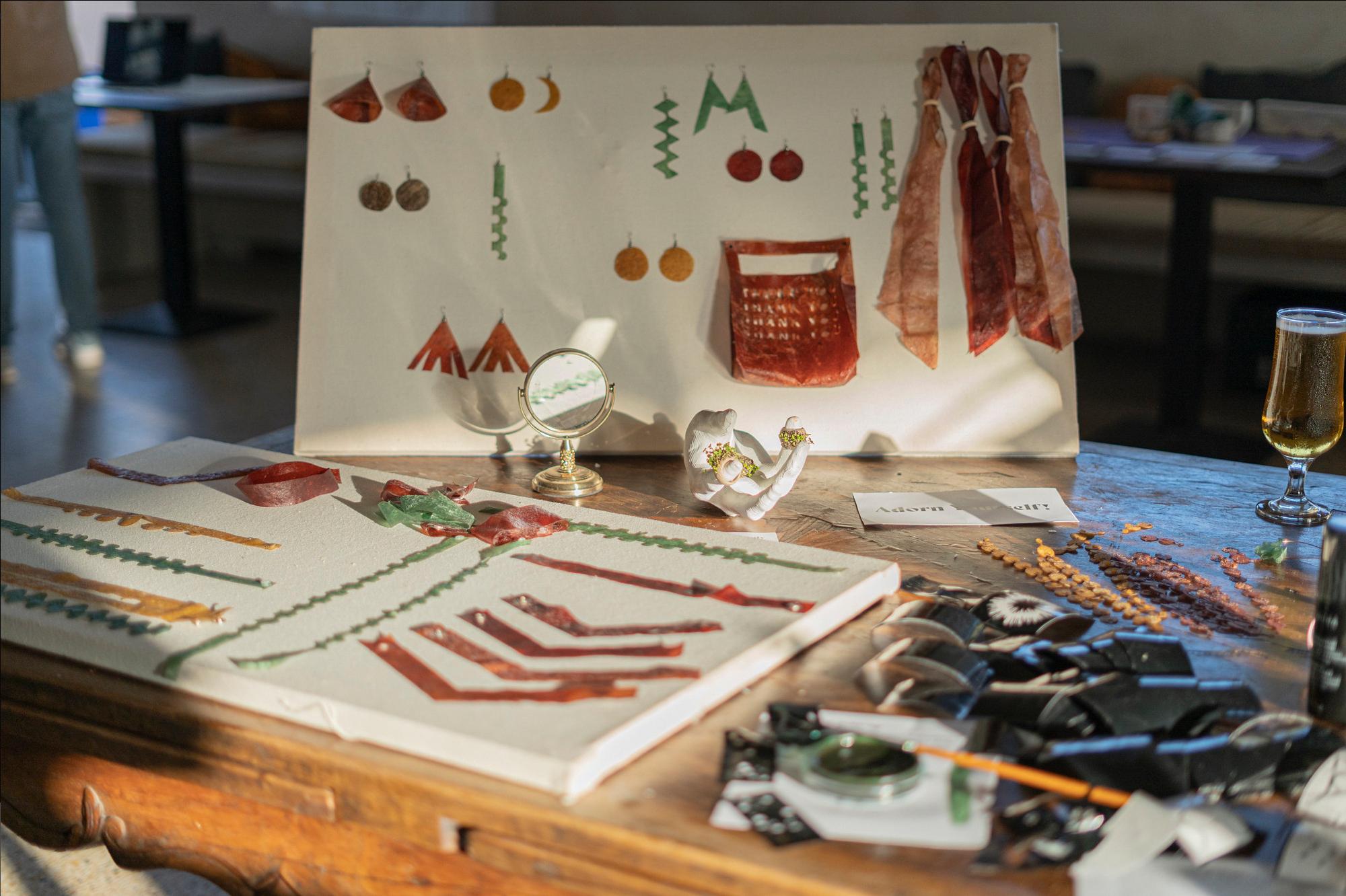
Schedule⇝
The following timetable is provisional and may undergo modifications and adaptations during the course.
- Days: 17-18/01
- 2d fabrication (laser cut & Vinyl cuter)
- Parametric design
- Sustainable practices: Biomaterials
- Days: 31/01 , 01/02
- Aditive Fabrication (Paste extruder)
- 3D Scanning
- Sustainable practices: Growing materials
- Days: 13-14-15-16/02
- Content: DPD + Measuring the world
- Days: 21/02 , 22/02
- CNC manufacturing - Scaling manufacturing in distributed world
- Moulding and casting
- Sustainable practices: Waste materials
- Days: 05-06-07-08/03
- Content: DPD + Designing with Extended Intelligence
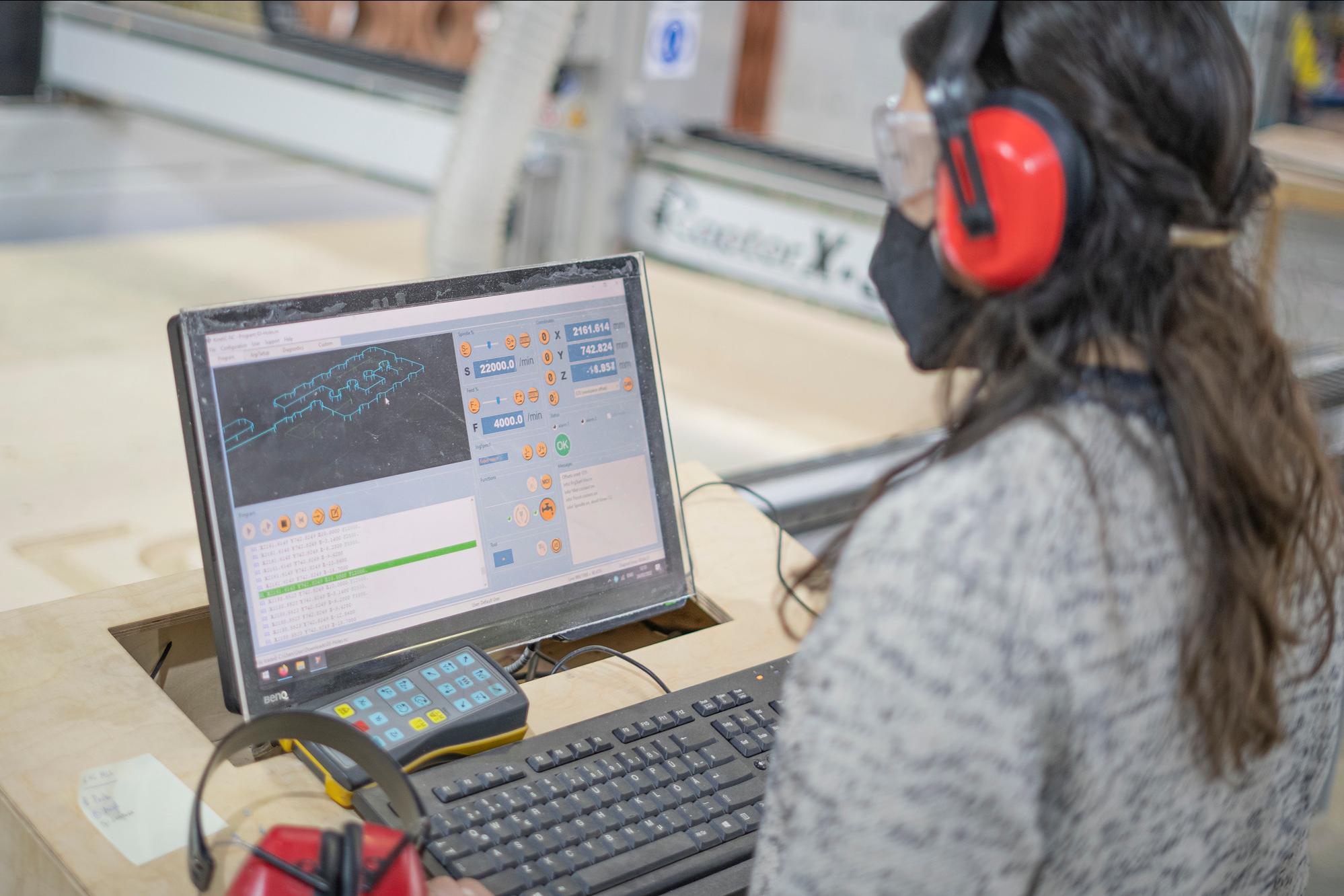
Materials⇝
All materials needed for the course will be provided by the faculty. The students are required to bring to the classes their own students toolkit and the programming boards given to them at the start of the academic year, other development boards, sensors and actuators will be provided during the classes. Bring in your laptop with the proper software installed prior to the class if required (emails will be sent prior to the classes regarding this aspect).
Deliverables⇝
Each student builds a portfolio on their respective websites that documents their mastery of different certificates taken individually along each week and their integration into a final, larger project, related to their masters thesis development.
By the conclusion of the course, students are expected to have submitted:
Weekly Task Posts:⇝
Each student should have contributed a total of 8 reflective posts throughout the course. These posts should comprehensively detail their experiences, learnings, and challenges encountered during the weekly tasks and the microchallenges.
Challenge Repositories:⇝
In collaboration with their assigned group, each pair of students is required to create and maintain 3 distinct repositories. These repositories should meticulously document the entire development process of the challenges assigned during the course.
The DESIGN FOR PROTOTYPING COURSE is PASSED by growth progress rather than a global goal, for successful completion of each weekly assignment and challenge is a must.
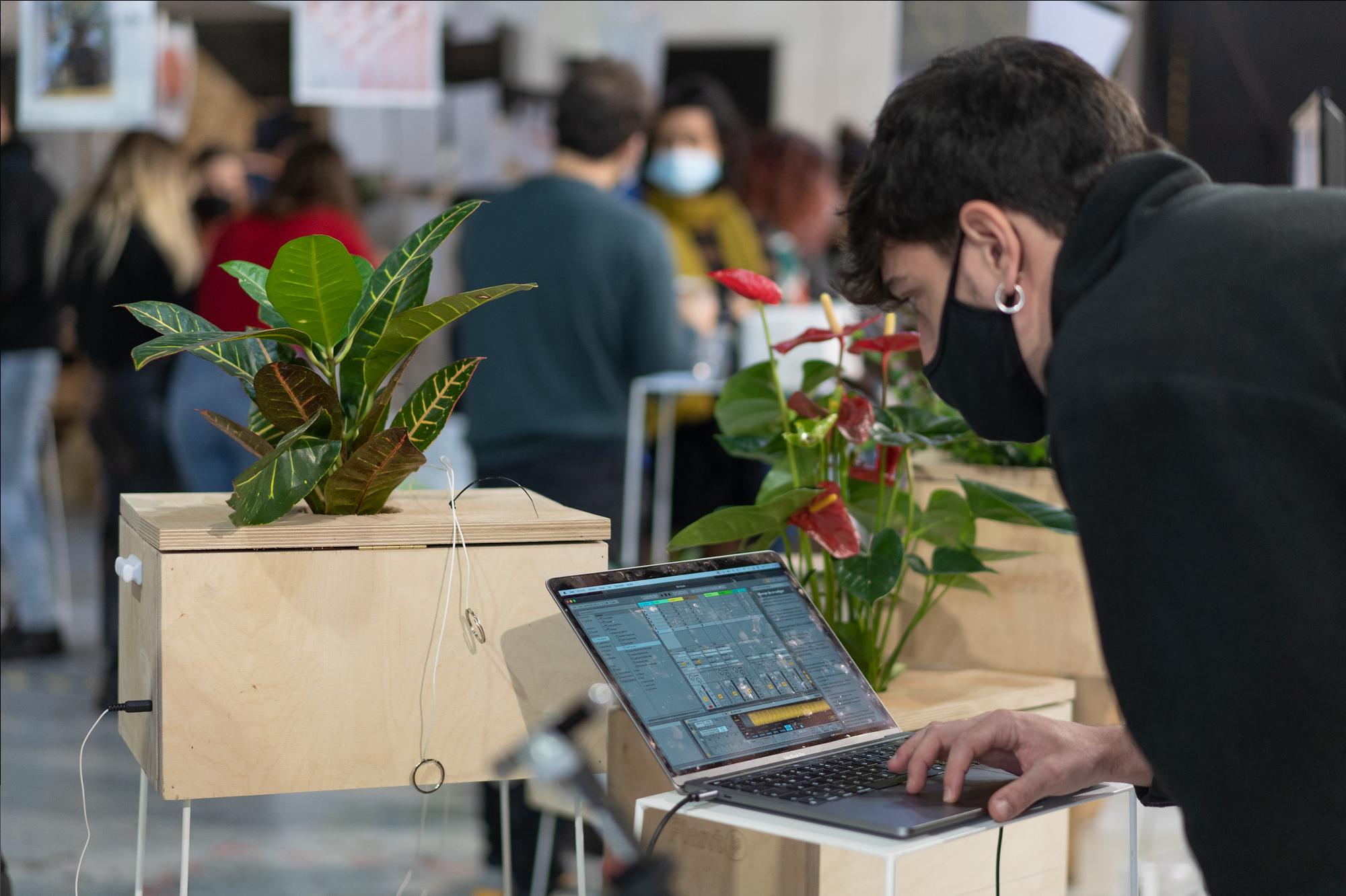
Grading Method⇝
- Only the documentation into their webpages will be taken in account for evaluation
- The weekly standards and grading will be presented during the weekly classes.
- Prototyping process understanding ,workflows and evolving best practices will seriously be taken in account.
- Weekly tasks are assessed by faculty members, while challenges involve a self-evaluation component, encouraging students to reflect on their individual contributions, collaboration, problem-solving, and overall learning outcomes
| Percentage | Description |
|---|---|
| 35% | Individual reflection post (Weekly tasks) |
| 65% | Micro-challenges repositories (Academic level, Open content, Involement, Explosion) |
European Credit Transfer and Accumulation System (ECTS)
12 ECTS
Additional Resources⇝
Course documentation⇝
Sites⇝
- Fab 18 Conference
- FAB Labs Community (fablabs.io)
- Academany
- Inventory
- Fab Foundation
- SCOPES DF Project
- Fab Event
- Fabacademy
- Fab Academy Staff
- Jobs
Faculty⇝
Santiago Fuentemilla Garriga , is Master degree in Architecture and postgraduate in digital fabrication and rapid prototyping (Fabacademy). He accumulates more than 15 years of experience in studios (OPR, FHAUS, OPERA, Brullet de Luna associats), designing multidisciplinary projects at an international level. Since 2013 he is part of the IAAC - Fab Lab BCN team, as coordinator and leader of Future Learning Unit (FLU), an area of research, design and implementation of innovative educational models that promote growth, learning and creativity to generate opportunities to achieve the goals and challenges of uncertain futures. FLU participates in private and EU funded research projects such as TEC-LA, Shemakes, Ruractive, DOIT, Phablabs 4.0, Creative Minds, among others. He is director of the global academic programs Fab Academy and Fabricademy, in the Barcelona node, executive board of Fab Learning Academy, and faculty of the Master in Design for Emergent Futures (MDEF) and The Master in Design for Distributed Innovation (MDDI).
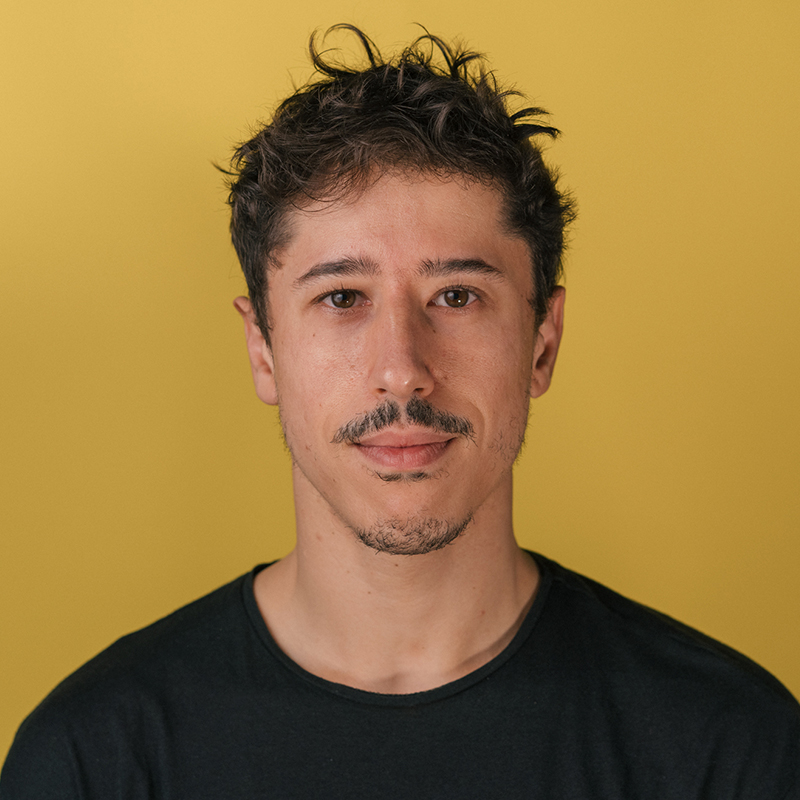
Oscar Gonzalez
Sense Making Expert
Óscar González is an Industrial Engineer based in Barcelona with expertise in data analysis, testing and calibration through his experience in automotive and sensor development. Óscar is the Sense Making lead at Fab Lab Barcelona team doing research and development within the Smart Citizen project and is an instructor at the Fabacademy program.
Josep Martí is an Industrial Engineer from Barcelona. Josep started his career as a BI consultant but decided to change his professional path graduating from Fabacademy in 2019. Since then, he has taught digital fabrication, design and electronics in the Fablab, being part of the Future Learning Unit teaching in Fabacademy, Fabricademy and the Master in Design in Emergent futures. Recently, he started his path as a researcher in Erasmus+ projects. He holds a Bachelor’s degree in Industrial Technology Engineering and a Master’s degree in Industrial Engineering, specialising in Automatic Control, both from the Polytechnic University of Catalonia (UPC) and the Fabacademy diploma. He has always been interested in the Maker culture and is always looking to learn and create new things.
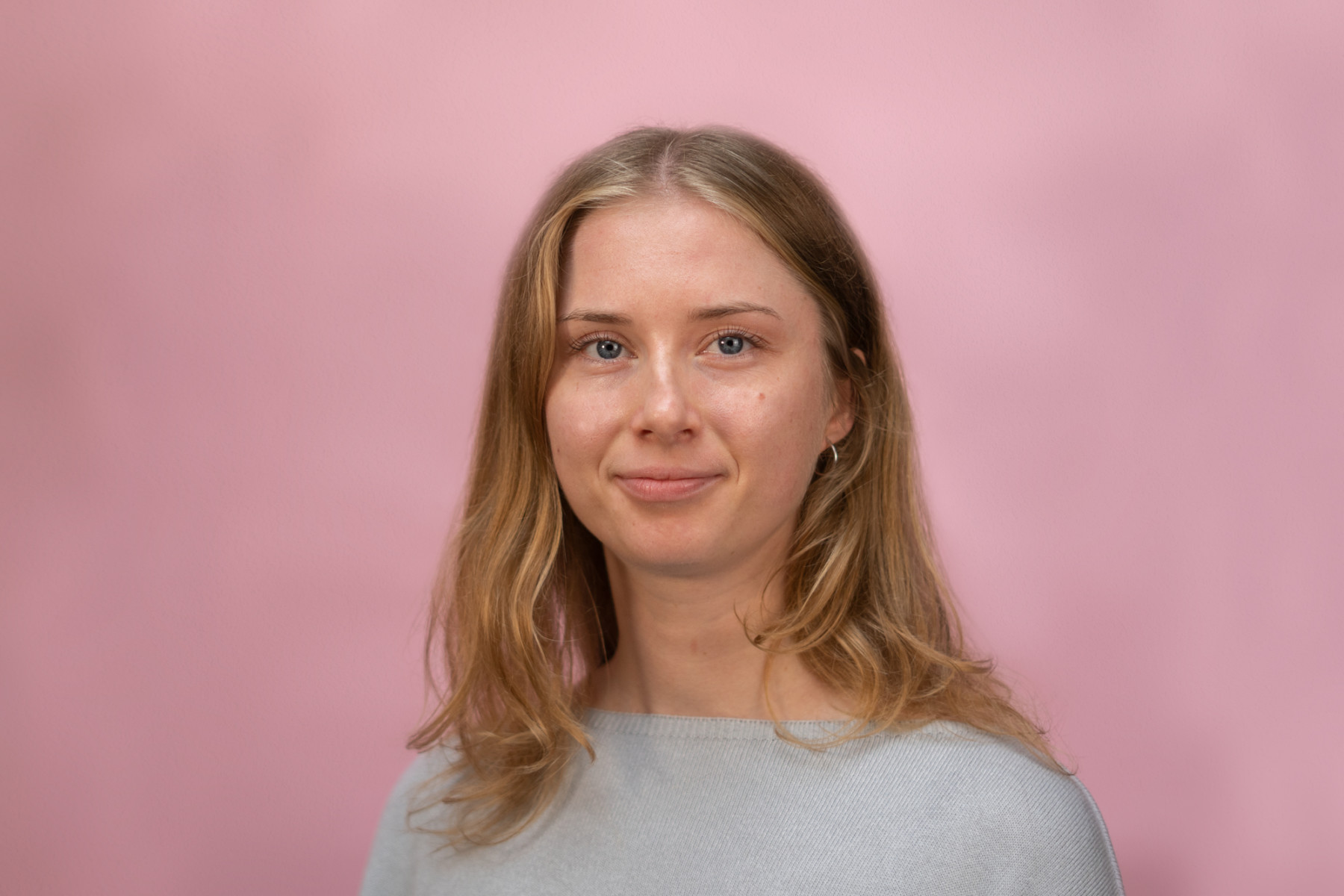
Petra Garajová
Materials & Textiles
Petra is a Slovak designer with a background in architecture, exploring the boundaries of material science, digital manufacturing and textiles. Currently she is working in Fab Lab Barcelona as a Fabricademy Local Instructor. Her main interest arises from biology and waste materials which lie on the borders of various artistic disciplines. Nowadays, she is also a co-founder of the Experimental Design platform which is using fashion as a tool to reshape the connection between nature, soft materials and the human body using new technologies. Petra holds a Master’s degree in Arts and Architecture at the Academy of Arts Architecture and Design in Prague. After her architectural studies she graduated from Fabricademy – Textile and Technology Academy in Fab Lab Barcelona IAAC. During her studies she was part of Shemakes.eu European project as an Ambassador between Fab Lab Barcelona and TextileLab Iceland working on the Lab to Lab project – Rethinking Wool. Her Fabricademy final project was awarded the Young Scientist Award 2022.
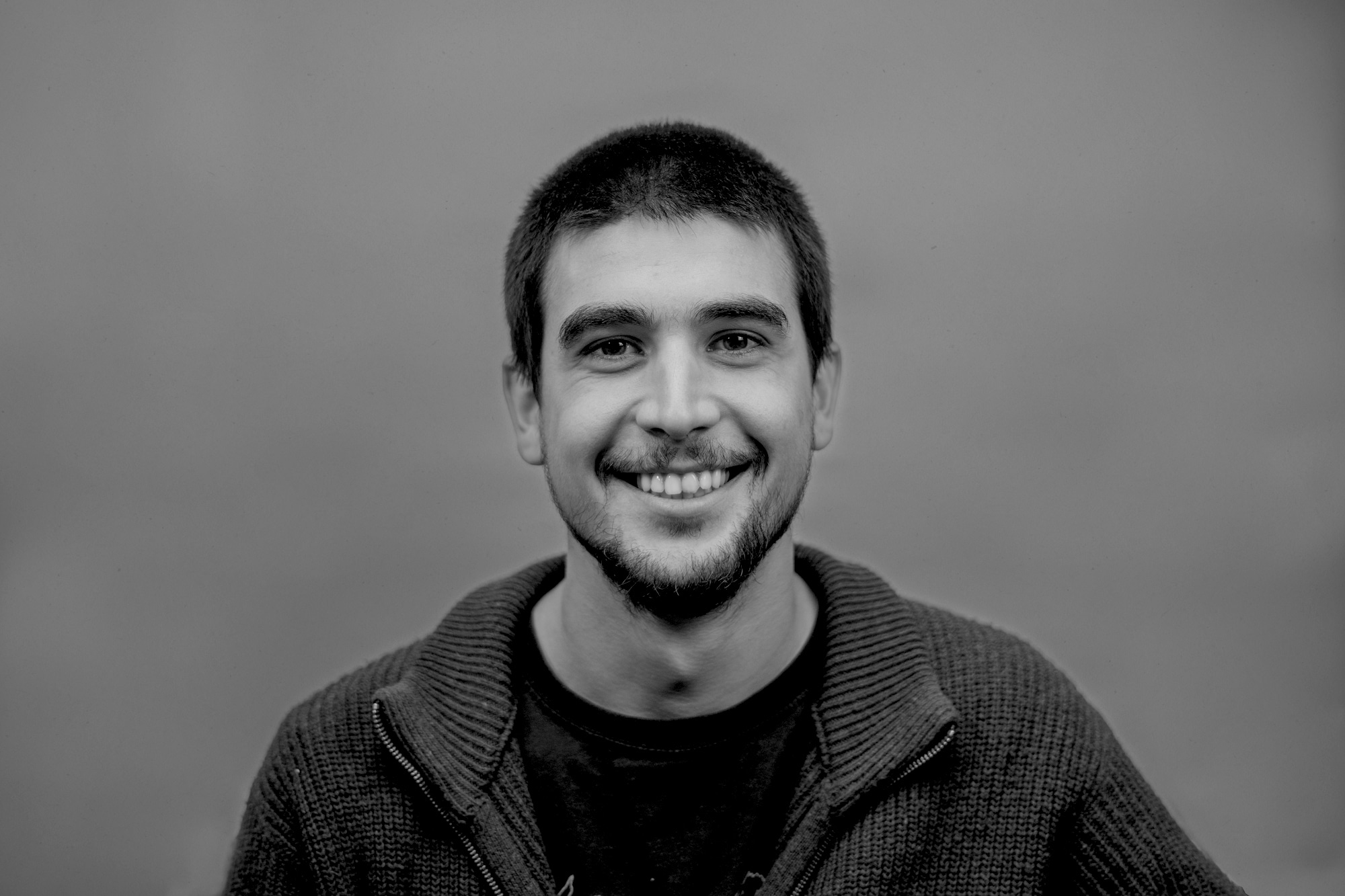
Adai Surinach
Digital Fabrication Expert
Adai graduated with a superior degree in engraving and stamping techniques at Llotja School of Art and Design in Barcelona. After graduation, he became interested in 3D printing, taking him to get involved in Fab Labs until becoming an intern at Fab Lab Barcelona. Shortly after, Adai undertook Fab Academy in 2022 and started working at the lab in different projects like Smart Citizen and as an instructor in academic programs.
